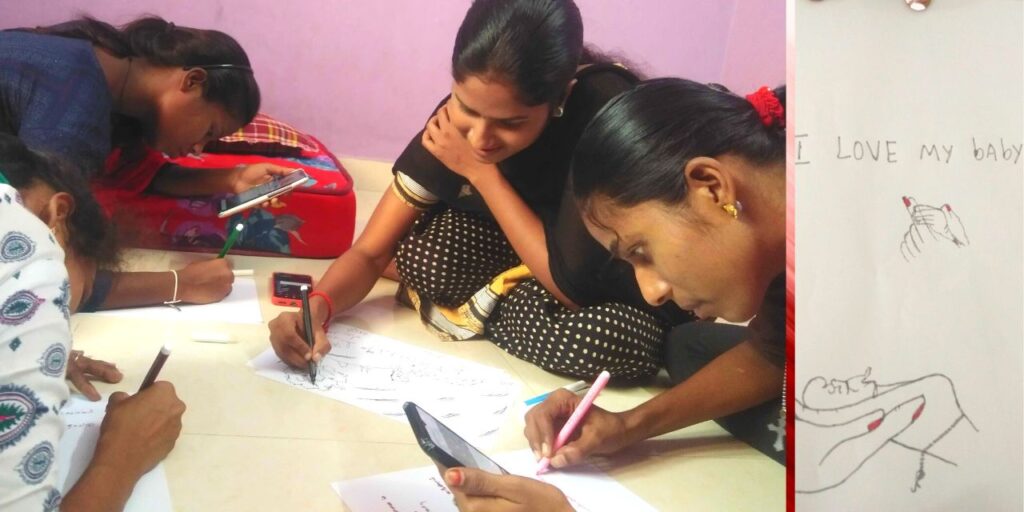It’s May Day. Or, International Workers’ Day that encompasses decades-long protests, celebrations, solidarity and struggles that went into achieving 8-hour work days for workers globally. For Nithya, an electronics factory worker from Tamil Nadu, it is a rare holiday to sit with her children, wash clothes, and catch up on sleep. “Maybe, I will visit family in the village,” she had earlier told Cividep’s field officers.
But many of the workers also feel that the season of struggles is upon them in the light of a new amendment to the Factories Act (1948). In Karnataka, there could be 12-hour workdays and night shifts for women if the Governor gives assent to the Factories (Karnataka Amendment) Bill, 2023, which was passed by both houses of the state assembly. Tamil Nadu, which was set to follow Karnataka with a similar amendment, recently withdrew the bill after widespread protest.
For now, workers from Tamil Nadu could pause worrying about how worse life could get. “Even while doing 8-hour workdays, we are not able to do things that we want to do. With 12-hour work days, we will be living in factories only,” pointed out Nithya.
Worrying Developments
If the amendment is brought into effect, there could be 12 hour shifts (2 in a day) instead of 8 hours shifts (2 or 3 a day) in Karnataka. The provision regarding worker’s consent for 12-hour shift is unclear; also workers could be asked to work for 6 hours straight without breaks instead of the current 5 hours.
A leather factory worker from Ambur in Tamil Nadu said that 8-hour work days are a challenge due to high production targets. “We sometimes work 8 hours without a break. Workers do so much. We celebrate May Day because workers are important for society and the country.” A veteran garment worker from Bengaluru is clear that the amendment is exploitative and not about giving women equal rights to work night shifts. “There are small children in our home. We need to do our household activities. After working 8 hours, we are unable to look after them,” she said. Physical and mental stress levels are already high due to rising production targets.
Family Responsibilities Could Take A Hit
Manjula, field officer with Bengaluru-based social organisation Munnade, said that workers leave their homes at 8am to return at 6.30 pm after finishing an 8-hour shift. In case of overtime, they get back by 7 pm. Workers are rarely paid overtime wages in full or on time. “A 12-hour shift is going to be really difficult for workers. Also, night shifts will not be safe as factory buses will drop them on main roads and they need to walk 1-1.5 kms on interior lanes to reach homes,” said Manjula.
An activist-worker recalled the early struggles. “For 20 years, I have been participating in protests and rallies organised by local and national trade unions to safeguard our rights. Through past struggles, we got 8-hour work days.” She and her colleagues are already feeling the pressure. “It would be very difficult to work 12 hours for us because there would be nobody to take care of our children. It will cause more mental stress,” she said.
As for a May Day message, there is only one: “On the eve of May Day, we would request the government to take back the order,” said a Bengaluru garment worker.
